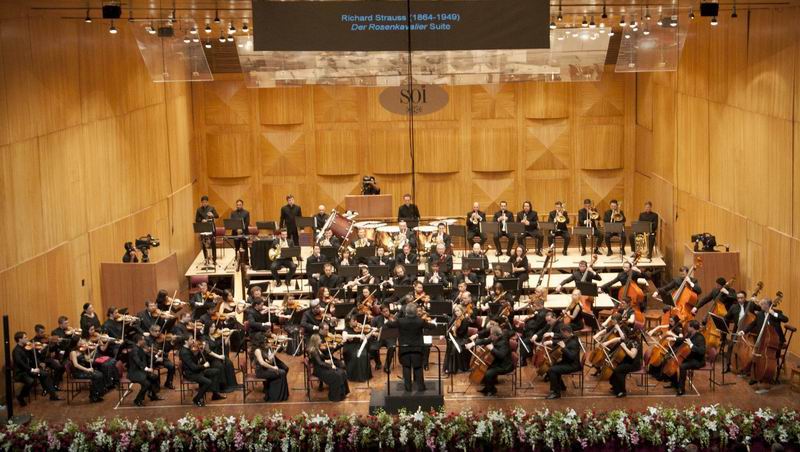
Great music, whether Indian, Chinese or of other countries specific to its traditional forms, has existed for centuries. But it mainly survived in its country of origin, with a smattering of pockets where the immigrants carried a little bit of their culture as comfort nostalgia.
Ancient civilisations of Japan, China, India, et al, take immense pride in their national music and rightly so, but the astonishing power of what is known as Western Classical Music has never ceased to exercise its attraction across all continents globally, and among a wide and culturally diverse population. Western Classical Music or WCM, as we describe it, is around 400 years old. Its power to attract all inclined towards any form of music, remains undiminished today, with young musicians with astonishing skills emerging from the most unlikely locations.
While this phenomena was spreading, India, a country governed by the British Empire, which left us a legacy of governance in many spheres, somehow missed creating a tradition and schools of Western Classical Music. Perhaps it was not on its list of priorities. But it did leave behind a loose but appreciative structure…
Our tiny Parsi Community seemed to have gravitated naturally (perhaps due to our Westernised outlook) to this wonderful art form. It even became an added qualification when arranged marriages were being negotiated: “Arre! Paase ni Perin toh piano bhi vagaarech!”
Soon, strictly under the banner of WCM, various schools from different regions emerged… starting with different European countries, and later when Europe was carving out its colonies, this organised art form (some anyway) spread like wildfire resulting in major excitement and often in spiritual exultation, as such great music was increasingly patronised by royalty, and the wealthiest vied with each other to employ the finest composers of the day! Alas, poorly treated except for a few…
Soon, the grand piano in mansions and homes of the rich and famous was an essential part of the furniture. Even modest Parsi homes would have either an upright piano or an old violin played by someone or another family member.
But in 1900/1902, in Europe and later in India, recorded music made its appearance in the form of single sided records, many of them pressed in Dum Dum – a suburb of Calcutta – where the good quality of lac attracted recording companies to set up pressing plants. These so called Dum Dum pressings are prized by collectors who believed that the silent surface while being played were a plus point.
I am sure readers would remember various gramophones bought by their parents and grandparents, which were a source of immense pleasure, especially since besides live concerts (few and far in between) there was poor cinema, no TV and none of the huge number of gadgets which bewilder us today.
Records were very expensive, and enormously so, when compared with the huge availability of canned music, only a touch away. So, our elders cherished them, played a single Caruso or a Kreisler record many times once the prize came home, and gradually schools and colleges started having evenings of music. School bands were common and band stands played popular tunes by the Police, Navy and other institutional bands. These outings bonded families, and also developed an appreciation of music (albeit light) but a good first step.
The joy of music is to be able to share its enjoyment with companions who listen along with you. More about this soon…
- પાચનતંત્રને નોર્મલ રાખવા આટલું જરૂર કરો - 13 April2024
- ઇમોશનલ એકાઉન્ટ!! - 13 April2024
- ડબ્લયુઝેડએએસ ગ્લોબલ ફોકલોર સાથે મહિલા દિવસની ઉજવણી કરે છે - 13 April2024
